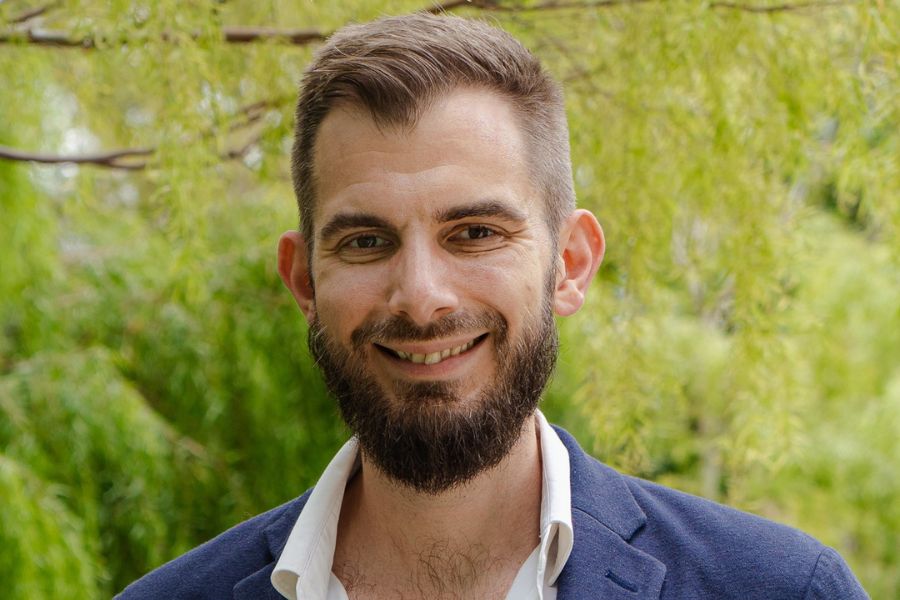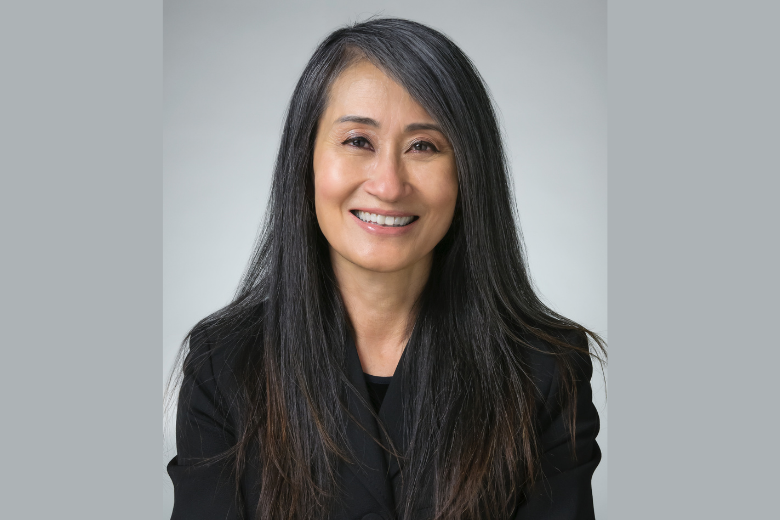Every year at this time, I see LinkedIn posts celebrating intelligent, powerful women in the workplace. These women contribute to the fortunes of the companies they work for while seizing control of their financial destinies. This is something worth celebrating, isn't it? So, what about International Women's Day bothers me so much?
Please don't get me wrong. Western society had come a long way since 1847, when women took to the street demanding voting rights in the United States and Europe. Those early suffragettes risked arrest and physical harm to push for change. We owe so much to those early heroines.
And yet, 176 years later, we still need a day to remind society that we matter. We still have work to do. And by "we", I mean humanity, not just women.
Because we matter every single day, not just one day each year. Despite all our advances, the inequality numbers are still staggering.
In Asia Pacific, where I live and work, women comprise 50% of the total population but only 35% of the workforce. Women comprise only 4% of CEOs, 10% of CFOs, and 5% of regional board members. Only 9% of Asia Pacific companies publish their pay gap between men and women, and only 1% have closed it. We've seen the literacy rate of women improve in Singapore and Malaysia to well over 90%, but it's still only 66% in India.
Today, in 2023, we shouldn't need a day celebrating women. But until we reach the point of true equality, the themes of International Women's Day should stay with us constantly.
My story
Today, I am the marketing director for a global cybersecurity company covering the Asia Pacific Region. Only a few of my coworkers know I was born in Brazil, where gender inequality is the norm. My mother pushed me and never allowed me to accept anything less for myself. When I wasn't doing well in school or wanted to drop out of college, her voice pushed me forward. "Not on my watch," she said, meaning every syllable.
She pushed my siblings and me to explore new horizons, travel, and eventually pursue a graduate degree in a foreign country. If not for her, I wouldn't be here in my role today - a brown Brazilian speaking English as a second language running a multi-million dollar department of a global company in Asia. If not for her, my brother, who owns a medium-sized company in Brazil, wouldn't spend his evenings on bedtime duty or "agree" to take care of his four daughters while his wife works.
I am fully aware that I stand on the shoulder of giants. My successes are tied to the many women who came before me and refused to take "no" for an answer. I honoured those women through a writing project with my mother, who suggested we tell the story of 22 women who made history in Brazil.
In 2022, after four years of blood, sweat, and tears, we finally published (independently, by the way) our book series, Brazil, by 22 Women who made history. Despite the pressures and commitment to working full-time, we took on this project hoping to inspire, guide, and educate the next generation of Brazilian women.
Finding change
In recent years, I felt a strange—and sad—sense of deja vu. This time, we saw all genders take to the streets and risk their jobs, health, safety, and lives to support the #metoo movement and the women in Iran fighting for fundamental human rights. These modern heroes are not waiting for March 8 before they demand a voice. Instead, they force us all to look at them, question our way of life, and ask where change begins. Will we always have to spend decades risking our lives in protests and marches to trigger societal change? Is this the only effective way to bring these issues forward?
I hope not.
As the author Charles Duhigg once said, "if you make it a habit—the change becomes real." Change comes when it becomes a habit, not an isolated, once-a-year LinkedIn post.
Furthermore, in my opinion, change starts in the home – with us focusing on keeping open communication and mutual respect with our life partners, demanding mutual support and sharing household responsibilities, including child raising (yes, this means nappy duties and homework).
Change starts at work – with us celebrating organizations that support equal pay, offer parental leave for women and men, and provide open opportunities available to all qualified employees.
At SentinelOne, where I work, our company advocates and invests in Women in Cybersecurity. We have a mentorship program focused on women's inclusion. As a result, 30% of all internal promotions were for women, and our recruiting efforts focus on hiring female executives.
In addition, the company contributed $15,000 to "Girls Who Code" and plans to donate another $2,000 to Black Girls Who Code, Girl Rising, and the Malala Fund. So here I am, openly celebrating this company and advocating for them. Because the more we do it, the more we show them that this matters and that others will step forward.
And most importantly, change starts with us individuals, changing old habits in our everyday lives. We shouldn't excuse behaviours by saying "boys will be boys," or call out other women for "not being ladylike", or voting for politicians who do not support policies that promote gender equality or continued education for young girls.
We don't need a day if we celebrate "us" every day
We've missed the point if International Women's Day comes and goes with only a few dozen LinkedIn posts rolling through our feed. I look forward to the day when International Women's Day isn't needed to remind us that we are valuable, contributing members of our societies.
We must continue pushing for more opportunities, destroying glass ceilings, and inviting other women into the clubs we've just begun to access. This celebration and support should happen every day, not just once a year.
When I look around at what we've accomplished so far and take stock of where we are and where we are going, I am surprisingly inspired not only by the fantastic modern suffragettes but also by a man, my brother.
My brother, who does bedtime every night and cares for his four daughters when his wife is busy working, reminds me that men are also part of our fight. The true meaning of "gender equality" includes all genders supporting each other. We cannot do this alone, without our partners, without mutual support at home, at work, and in our society.
As I said before, I feel amazed and touched by the #metoo movement and the people in Iran who are risking their lives for the cause. And yet, my faith in the future is genuinely restored when I see my brother raising his four daughters to be anything they want, follow a career, be better human beings, and never give up on their education and dreams. I'm confident those four little girls will go a long way, stand on our shoulders, and become a part of the next generation of giants.
Liz Drysdale is the marketing director for Asia Pacific and Japan at SentinelOne.










